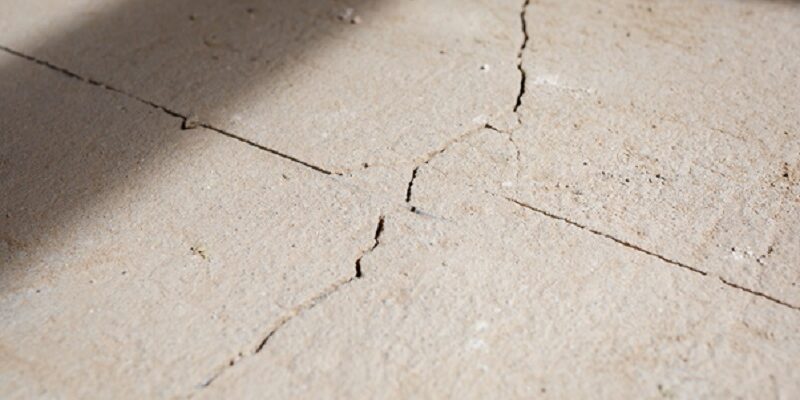Grout serves a crucial function of holding the tiles in position with a neat and clean appearance. However, most homeowners in Singapore get annoyed when the grout lines in their bathroom or kitchen start cracking. Not only is this ugly, but it also causes larger maintenance issues if left unaddressed. A provider of grouting services in Singapore can assist you in safeguarding your tiles and lengthening the life of your home surfaces.
Common Causes Of Cracked Grout
One of the most frequent causes of grout cracking is substrate movement, which is the surface material under your tiles. If the wall base or floor is unstable or unevenly prepared before tiling, even the slightest movement will lead to the loosening and cracking of the grout.
Another causative factor is bad installation. Unless the mixture is well applied or the appropriate type of grout is used, cracks are more likely to develop later on. Excess water content in the mix, improper curing, or absence of expansion joints are some of the errors that compromise grout lines.
Temperature changes also have a contribution, particularly in the bathroom and kitchen. Steam, hot showers, and even sunlight can directly make the tiles and grout expand and contract, exerting pressure on the joints. With time, the movements break the grout apart.
Signs That Your Grout Needs Attention
Cracked grout is simple to identify, but homeowners tend to ignore warning signs. Hairline cracks may not be a significant issue at first, but they can develop into large gaps that affect the stability of your tiles. Loose tiles, discolouration, and gaps at the edges are usually evident signs that your grouting in Singapore needs repair.
Water leakage is another indicator that must not be overlooked. When grout is compromised, water can seep behind the tiles, leading to mould development and the deterioration of the adhesive. Not only is it a hygiene issue, but it might also lead to expensive repairs if the leak spreads.
How To Prevent Cracks From Forming
Prevention begins with proper installation. Having the surface the tiles are placed on be clean, even, and stable is important. The correct type of grout also plays a role in making a difference. Epoxy grout, for instance, is more chemical- and moisture-resistant and should be used for bathrooms and kitchens.
Regular upkeep is just as crucial. Regular cleaning of your tiles using non-abrasive cleaners keeps the grout intact without causing undue wear. Sealing grout lines is another good method for preventing water damage and everyday stress.
It is also recommended to provide expansion joints in expansive tiled areas. The elastic joints take up movement and do not let pressure build up at the grout lines, minimising the possibility of cracking.
Repairing Cracked Grout
If cracks are present, they must be treated immediately. Cracks that are small can sometimes be fixed with straightforward patch solutions, but larger or repeated problems can mean re-grouting is needed. In extreme situations, removal and complete replacement of the grout will be needed.
Grout professional services in Singapore tend to give longer-lasting results than home repairs since professionals possess the tools and experience to detect hidden problems. They are also able to advise on appropriate materials and sealing systems to provide lasting protection.
Conclusion
Dilated grout can appear to be a minor cosmetic issue initially, but it can create severe structural and hygiene issues if left unaddressed. By learning the typical causes and exercising preventive measures, homeowners will be able to safeguard their tiled surfaces in the long run. Proper maintenance and prompt repairs will ensure your tiles are functional as well as appealing. For expert help with grouting Singapore, call on Grout Pro-Tech today to make your home surfaces strong and resilient.













